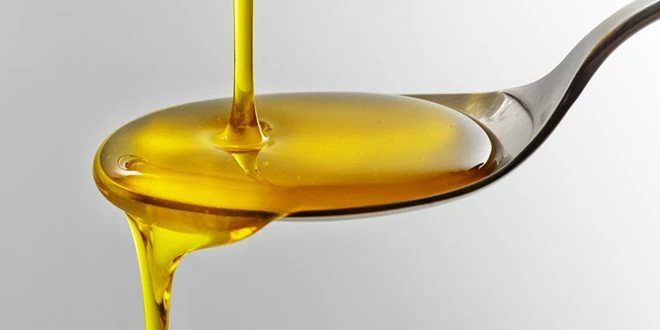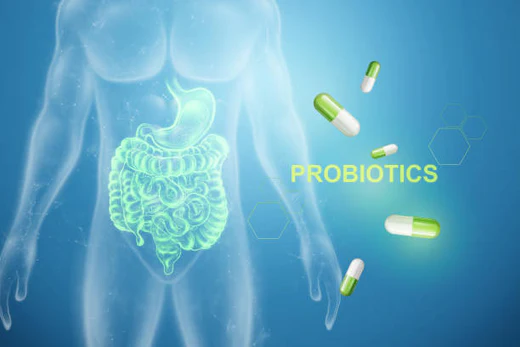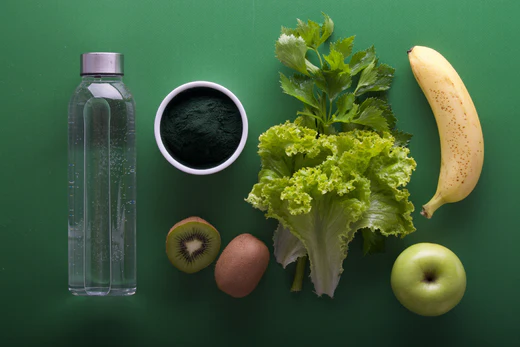In the world of sweeteners, both sugar and sugar alcohols play significant roles, but they differ greatly in terms of their impact on health and dietary concerns. Understanding these differences is crucial for making informed choices about your diet. Let’s delve into the distinctions between sugar alcohols and sugar, and how they can affect your overall well-being.
The Nature of Sugar
Sugar, in its various forms such as sucrose, fructose, and glucose, is a simple carbohydrate that provides a quick source of energy. It’s commonly found in a wide range of foods, including fruits, baked goods, and sugary beverages. While sugar can offer a rapid energy boost, excessive consumption has been linked to weight gain, dental issues, and an increased risk of chronic diseases like diabetes and heart problems.
The Role of Sugar Alcohols
Sugar alcohols, on the other hand, are a type of low-calorie sweetener often used as sugar substitutes in sugar-free or low-sugar products. Examples of sugar alcohols include xylitol, erythritol, and sorbitol. They are naturally found in certain fruits and vegetables but can also be produced industrially. Sugar alcohols are not fully absorbed by the body, which can result in a lower impact on blood sugar levels. This property makes them a popular choice for people looking to manage their blood sugar, such as those with diabetes.
Digestion and Calories
One significant difference between sugar and sugar alcohols lies in how they are digested and metabolized. While sugar is rapidly absorbed into the bloodstream, leading to quick spikes in blood sugar levels, sugar alcohols are absorbed more slowly. This slower absorption contributes to their lower glycemic index and reduced impact on blood sugar.
In terms of calorie content, sugar is higher in calories compared to most sugar alcohols. Since sugar alcohols are not fully absorbed, they provide fewer calories per gram consumed. This aspect makes them appealing to individuals aiming to control their calorie intake.
Gastrointestinal Effects
Consuming excessive sugar alcohols, especially in one sitting, can lead to gastrointestinal discomfort, including bloating, gas, and diarrhea. This is because the body’s enzymes have a limited capacity to break down and absorb sugar alcohols. Moderation is key when incorporating foods containing sugar alcohols into your diet.

Making Informed Choices
When deciding between sugar and sugar alcohols, it’s essential to consider your dietary goals and health needs. If you’re aiming to reduce overall sugar intake and manage blood sugar levels, sugar alcohols might be a suitable alternative. However, it’s crucial to be mindful of potential digestive effects and to moderate your consumption.
In conclusion, both sugar and sugar alcohols have their places in the realm of sweeteners, but they serve different purposes and come with varying effects on the body. Educating yourself about these differences empowers you to make healthier choices that align with your individual well-being goals.








